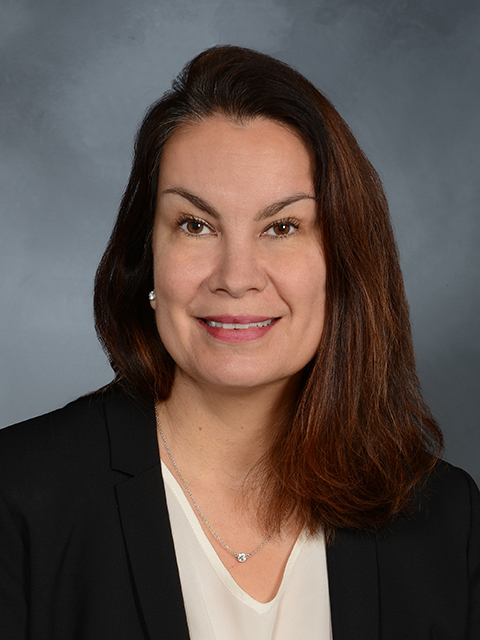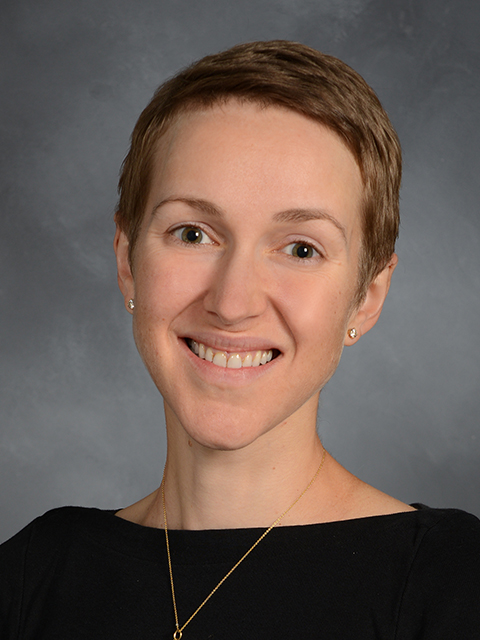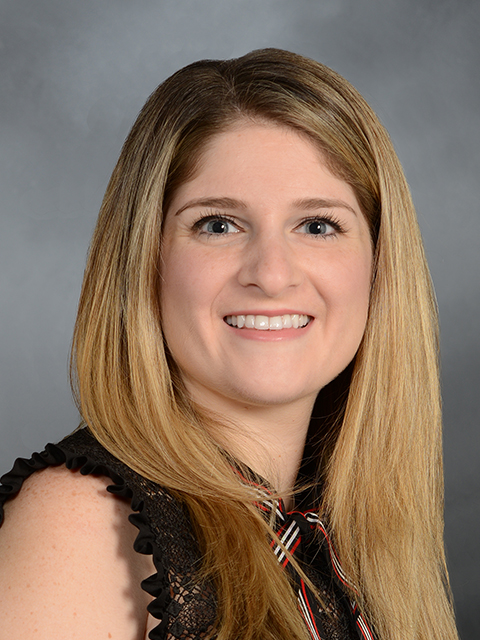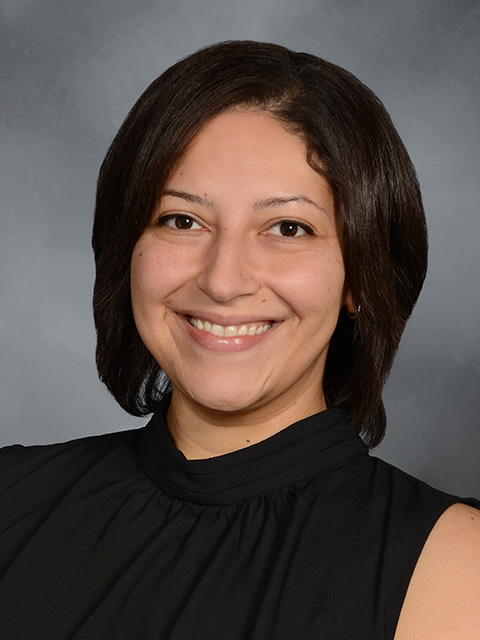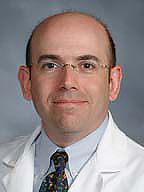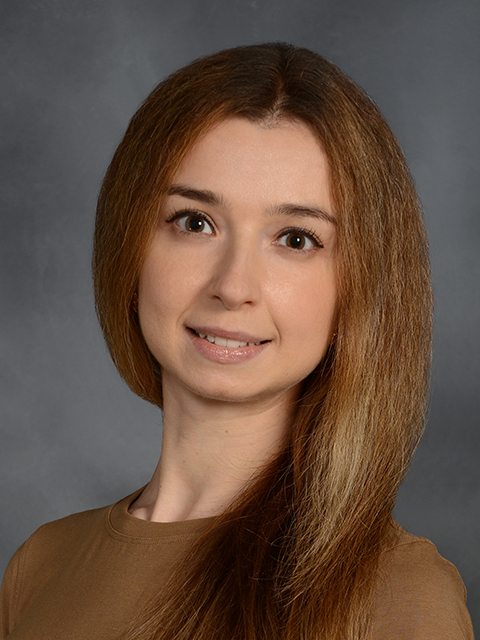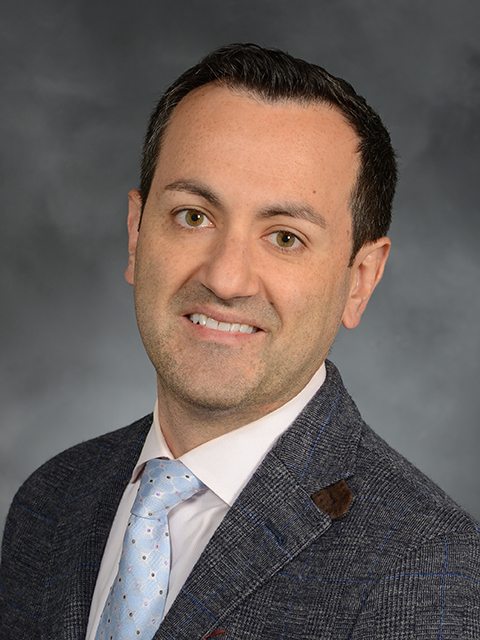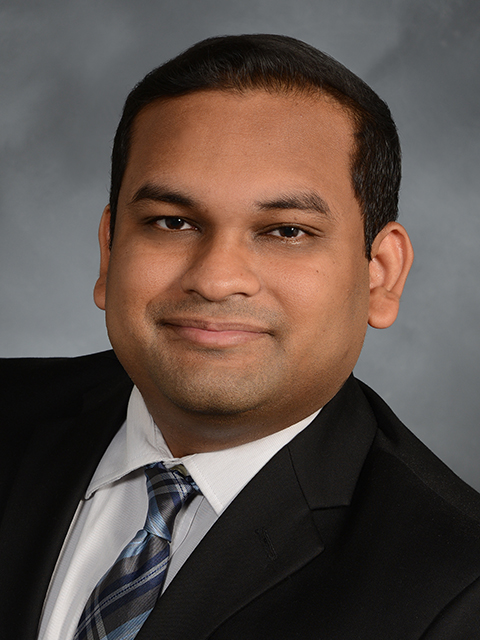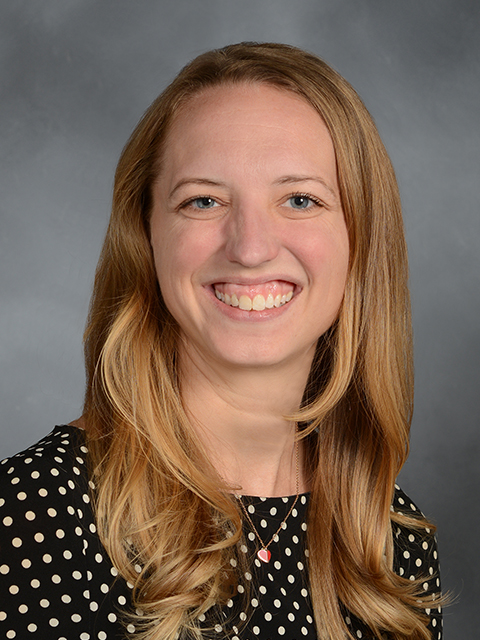The Division of Cardiac Anesthesiology provides care for patients undergoing a variety of cardiac procedures and surgeries. The division is comprised of fellowship-trained cardiac anesthesiologists working in tandem with dual-trained anesthesiologist-intensivists. Each faculty member completed a fellowship in adult cardiothoracic anesthesiology and is board-certified by both the American Board of Anesthesiologists in Adult Cardiac Anesthesiology and the National Board of Echocardiography in Advanced Perioperative Transesophageal Echocardiography. We take pride in our commitment to excellence in delivering high quality patient care. The division is invested in and promotes education of medical students, residents, fellows and peers, and supports members in a variety of academic endeavors.
Clinical
The division provides cardiac anesthesiology services at NewYork-Presbyterian/Weill Cornell Medical Center (NYP/WCMC) and NewYork-Presbyterian Brooklyn Methodist Hospital (NYP-BMH). In total, we participate in over 1,200 cases per year including adult cardiothoracic surgery, cardiac transplant and advanced heart failure therapy, complex aortic surgery and robotic cardiac surgery. We also provide anesthetic management for temporary mechanical support devices, structural heart procedures, electrophysiology procedures, anesthesia for transesophageal echocardiography, as well as consultation, support or direct care of patients with complex cardiovascular comorbidities and pulmonary hypertension.
Our division works collaboratively with the Division of Critical Care to provide streamlined, comprehensive care to patients undergoing cardiac surgery. We utilize enhanced recovery after cardiac surgery strategies, including pre-operative anemia optimization, regional anesthesia techniques, and multidisciplinary team contributors to optimize patient outcomes. The division, in partnership with the Department of Cardiothoracic Surgery, was an early adopter of intraoperative viscoelastic testing. We routinely employ this technology and our Cardiac Surgery Bleeding Algorithm to guide bleeding management. Members of the division are trained in in Echocardiography for Structural Heart Procedures, specifically MitraClipTM echocardiography for which we are one of a few anesthesiology teams in the New York City region that provides imaging as well as anesthetic management.
Adult Cardiothoracic Surgery
- Traditional cardiopulmonary bypass (CPB) procedures for coronary revascularization and valve repair or replacements, including reoperations and emergent cardiac surgery
- Advanced aortic surgery, including valve sparing root replacements, arch repairs under deep hypothermic circulatory arrest and open thoracoabdominal aortic aneurysm repairs
- Ventricular assist device insertion and related procedures
- Robotic cardiac surgical procedures
- Adult congenital heart disease repairs and reoperations
- Pulmonary thromboendarterectomy under deep hypothermic circulatory arrest for patients with chronic thromboembolic pulmonary hypertension
- Pulmonary embolectomy for acute pulmonary embolism
- Combined cardiac mass excision and nephrectomy for renal malignancies
- Cardiac surgery for patients with carcinoid, sarcoma and other malignancies involving cardiovascular structures
- High risk implanted pacemaker and cardioversion/defibrillation device lead extractions
Structural Heart Procedures
- Transcatheter valve implantation: transfemoral, alternate access and valve-in-valve
- Mitral transcatheter edge-to-edge repair (including MitraClipTM)
- Tricuspid transcatheter edge-to-edge repair (including TriClipTM)
- Atrial septal defect repairs
- Left atrial appendage closure device implantations
- Adult congenital transcatheter pulmonary valve implantation (including MelodyTM valve)
- Emerging structural heart technologies in clinical studies
Additional Cardiology-related Procedures
- Electrophysiology procedures, including ablations and cardioversions
- Transesophageal echocardiography examinations
- High risk or unstable cardiac catheterizations
- Support for urgent and emergent ECMO and temporary other mechanical support insertion
Consult for Anesthesia in Complex Patients
The division is consulted to assess and plan anesthetic management in patients with complex medical histories and comorbidities, including, but not limited to, heart failure, pulmonary hypertension, congenital heart disease or uncorrected valve lesions or coronary artery disease. We assess the patient and make recommendations for perioperative management in conjunction with the primary service and subspecialty anesthesiology teams. We tailor the intraoperative management to determine the appropriate anesthesiology team and serve as a consultant to the anesthesiology team, or we serve as the direct provider if advanced monitoring techniques such as pulmonary artery pressure monitoring, transesophageal echocardiography or temporary circulatory support are clinically indicated.
Education
The division is invested in education on multiple levels. Our Cardiothoracic Fellowship was first established in 1989 and was among the first programs to receive ACGME accreditation in 2007. Over the last 30 years, our program has produced many graduates who are leaders in cardiothoracic anesthesiology today.
Resident and fellow education focuses on the development of a deep understanding of the pathophysiology of cardiac disease and the acquisition of practical procedural skills and ability to identify and manage rapidly changing hemodynamics through their clinical experience in the anesthetic management of patients undergoing cardiac surgery. This clinical experience is facilitated by 1:1 attending coverage of cardiac surgery cases and is supplemented by formal and informal didactics, instruction and guided independent study. With the completion of this rotation, trainees should have demonstrated proficiency in caring for patients with complicated cardiovascular pathophysiology in a compassionate manner. This includes preoperative evaluation, intraoperative management and postoperative care utilizing the most current medical knowledge pertinent to each case. On the fellowship level, our case complexity and collaboration with multiple disciplines sets us apart from other programs and uniquely prepares the fellows for independent practice in both academic and private settings.
The division supports medical student education with the Adult Cardiothoracic Anesthesiology elective, the only subspecialty medical student rotation within the Department of Anesthesiology, for fourth-year medical students from both NYP/WCMC and visitors from outside institutions. Our faculty also support medical education with precepting during the two-week elective in Anesthesiology and Critical Care, mentoring medical students applying for anesthesiology residency, and participating in medical student skills-acquisition.
Learn more about the Cardiothoracic Anesthesiology Fellowship.
Learn more about the Clinical Cardiovascular Anesthesiology elective for visiting students.
Research
Members of the division are engaged in research in several areas within cardiac surgery, including transesophageal echocardiography, risk assessment, pain management, coagulation patterns, and cognitive dysfunction, as well as outcome disparities after cardiac surgery.
Publications by the Department of Anesthesiology faculty
Faculty
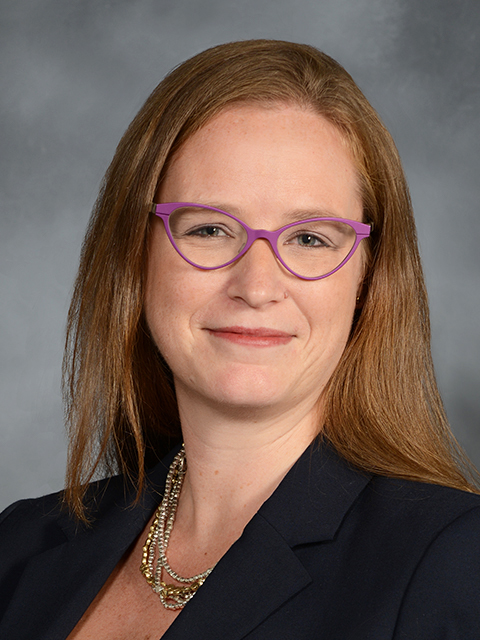
Meghann M. Fitzgerald, MD
Chief, Cardiac Anesthesiology
Assistant Professor of Clinical Anesthesiology


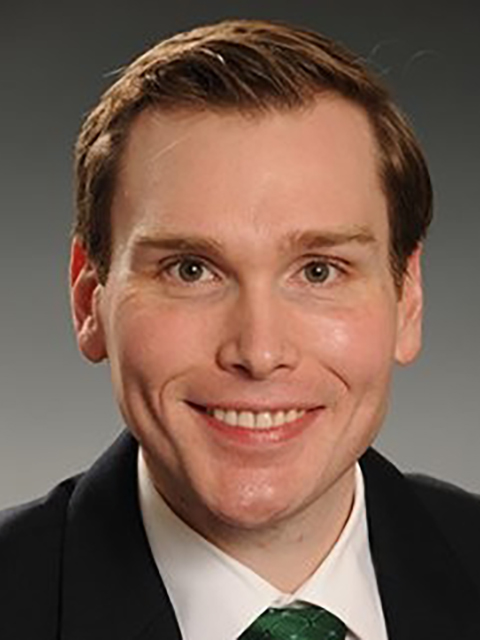
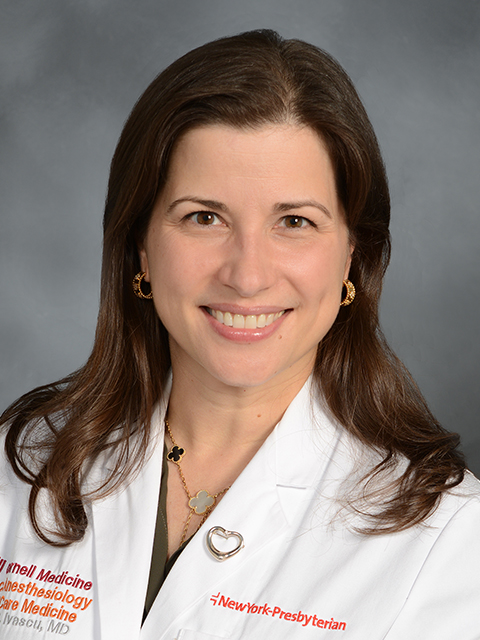
Natalia Ivascu Girardi, MD
Stephen J. (Butch) Thomas, M.D. Professor of Anesthesiology
Professor of Medical Ethics in Clinical Medicine
